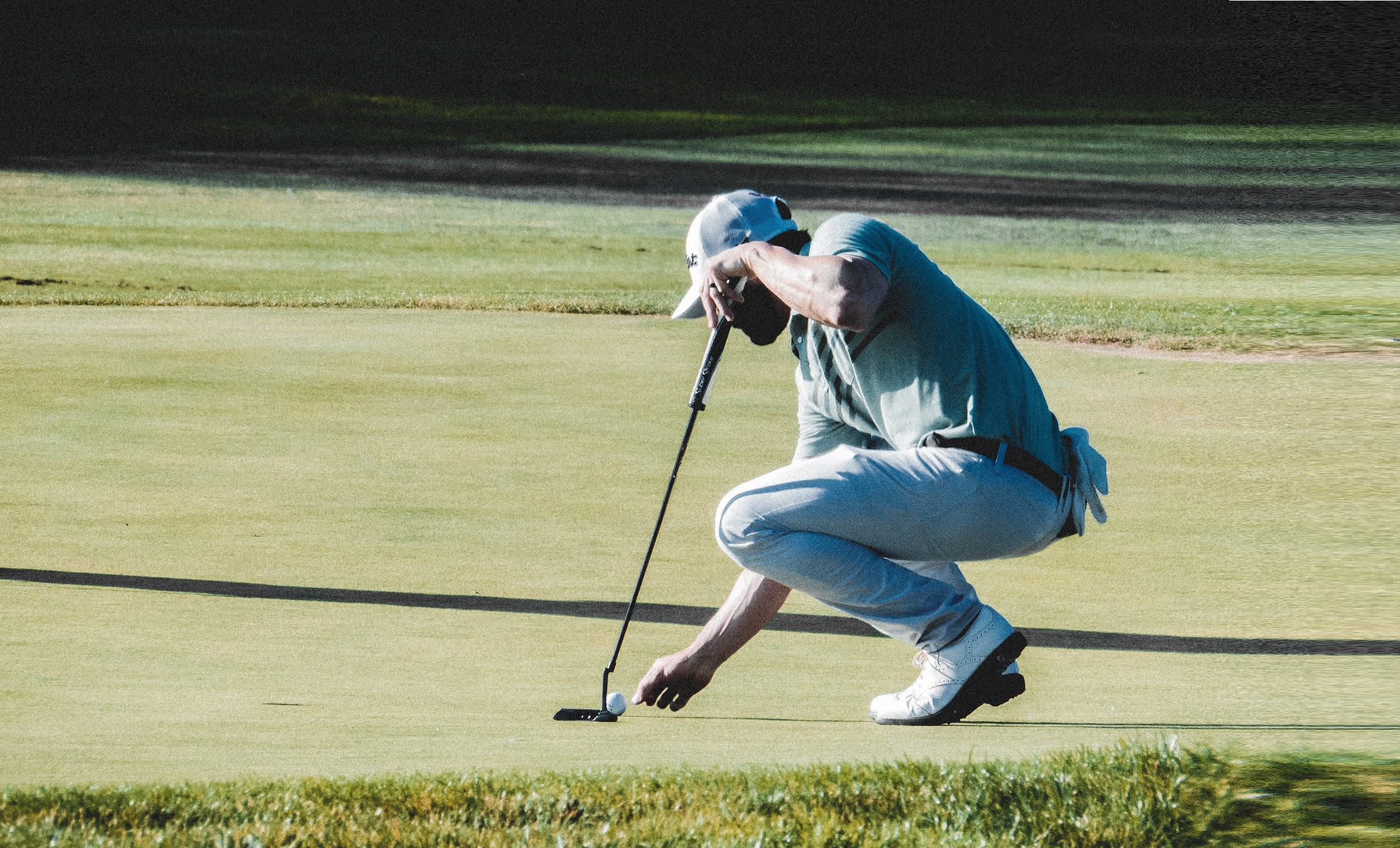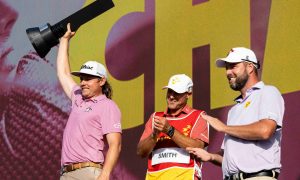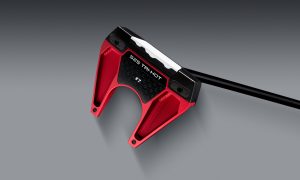IN THE HEAT – OR CHEAT – OF THE MOMENT, HOW TO IMPROVE YOUR LIE … AND THE BALL’S TOO
Some celebrate that golf is the last bastion of integrity. Perhaps we should lament it. Only here do we so fully expect a player to call a penalty on himself/herself, especially when no one else might have seen it, that any other option is just unthinkable.

Bobby Jones exemplified this ethos when he called a penalty on himself during the 1925 US Open, resulting in a playoff which he lost. When the praises came, Jones humbly deflected, saying, “… you may as well thank me for not robbing a bank.”
The USGA Bobby Jones Award has been presented every year to the tour pro or anyone in the industry who best exemplifies this moral high standard over the course of the season.
But greedy, delinquent and perfectly imperfect man, even golfers apparently, still can’t shake off that ugly urge to gain an unfair advantage.
But how does one cheat in golf, especially today with live television coverage and thousands of phone cameras in every spectator’s hand.
Imagine if a player drives into an uneven lie next to a cart path. He indicates that he’s going to punch out by aiming away from the green. But by doing so his stance would be affected. He would have to stand on the cart path. He takes a legitimate free drop.
Okay. No problems … up to this point. But after the drop he changes his mind. Seeing that his lie has vastly improved, he now intends to go for the green. If one is devious enough this could be one’s intention from the beginning. Cheating in plain sight.
I am sure the wording is tight enough to prevent such a gross misinterpretation of the rules. If it isn’t, it really ought to be.
Propriety amongst golfers, our “polite” social norm also tends not to challenge cheaters, even when they have been caught with their clubs in the cookie jar. But for the sake of the argument let’s do – let’s name a couple of well-known if controversial figures.
Patrick Reed is a hero to many, especially for his Ryder Cup exploits. Less well known is the fact that he has been called out by fellow players at least twice – once for grounding a wedge in a patch of rough, which he was allowed to do … but then he pulled a fairway wood to go for the par-five green in two once the grass behind the ball had been flattened by grounding his wedge multiple times. On another occasion he grounded his wedge in a waste area, again perfectly legal to do so … but when he took two practice swings, on sweeping back his club from the address position, he brushed away handfuls of sand from behind the ball. The marshals caught that one and on reviewing TV footage, Reed was penalised two strokes.
Then there is the sweetest guy you could ever meet – Gary Player. He ought to know the rules as well anyone else. Tom Watson was once overheard speaking to Player in private, accusing the ‘man in black’ of improving his lie. Had a journalist not accidentally been within earshot, we would have not been the wiser.
Both Reed and Player are Major winners. Both we can be certain know better, but they did what they did anyway. Reed seems to think stroke penalties are worth the risk. Wonder if he would do so if DQ was the required punishment instead.
Were these “professional fouls” something done in the heat of the moment … or were they suck-it-and-see cheating and attempts at getting away with more than they ought to.
Interestingly, perhaps ironically – perhaps justifiably – Player is the USGA’s 1966 recipient of the Bobby Jones Award. It seems that the game of golf is also magnanimous enough to forgive a couple of tiny alleged indiscretions. Will Reed ever win the award? Well, maybe. That’s a really big ‘maybe’.
Drive long and prosper.
















